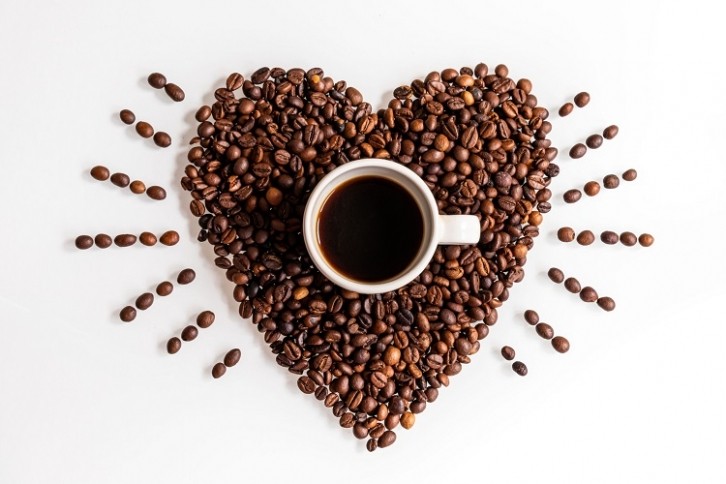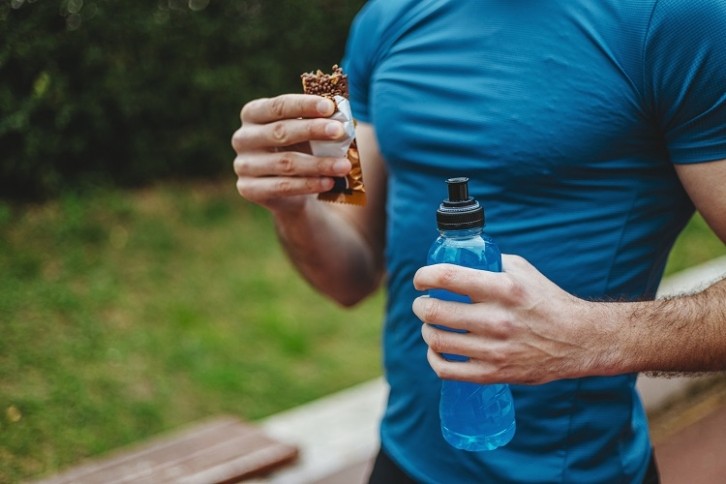Is caffeine damaging to heart health?

A cup of tea or coffee is the starting point of many a morning. In fact, for most, it’s the very foundation of their day, sought out before breakfast, enjoyed during a morning break, relied upon as an afternoon pick-me-up, and then even indulged in as a post-dinner treat with dessert.
But while consumers are embracing caffeine in all its forms, including through some soft drinks and energy bars, scientists are looking at it for a very different reason: its effects on heart health.
Is caffeine damaging to heart health?
New research, presented at American College of Cardiology’s ACC Asia 2024 suggests that consuming over 400 milligrams of caffeine each day could increase the risk of cardiovascular disease.
The study, which analysed the effects of caffeine on young, ‘healthy’ adults, found that regular intake at this level disrupts the autonomic nervous system. And this disruption leads to increased heart rate and blood pressure. The research team concluded that these findings highlight the importance of moderating caffeine consumption to reduce the risk of hypertension and related cardiovascular conditions.
“Regular caffeine consumption could disturb the parasympathetic system, leading to elevated blood pressure and heart rates,” says Nency Kagathara, lead author on the study. “Due to its effect on the autonomic nervous system, regular caffeine consumption could put otherwise healthy individuals at risk of hypertension and other cardiovascular events.”
Despite this research, the European Food Safety Authority (EFSA) says that caffeine intake of up-to 400 milligrams per day does not raise safety concerns for healthy adults in the general population, with the exception of pregnant women. Though, this advice may come under review, at a later date.
However, while advice on caffeine intake levels may at some point change, it’s highly unlikely that EFSA will recommend against the consumption of caffeine altogether. And not just because it’s so widely enjoyed, but because it also offers the consumer some health benefits.
How to tell how much caffeine is in a product?
Packaged foods will often provide clear information on how much caffeine, if any, is contained within the product. Some products do not, but there are resources, such as the online database Caffeine Informer, which provide estimates for the caffeine content of certain products, including tea and coffee, so these could be used as a guide.

What are the benefits of consuming caffeine?
Caffeine is a natural substance, found in the leaves and fruit of more than 60 plants, most notably, tea and coffee plants. Despite the clear association to tea and coffee, caffeine is actually present in a variety of beverages, including some soft drinks, as well as some foods, including energy bars.
As a natural ingredient, caffeine offers a variety of health benefits, with studies from Johns Hopkins Medicine in the United States associating it with a reduced risk of Alzheimer's disease, diabetes and kidney disease.
Caffeine also offers potential mental and emotional benefits when enjoyed in the form of a cup of tea or coffee.
"Coffee provides a great ritual, and really brings people together in their daily routines," Howey Gill, head of coffee at coffee brand Grind, told FoodNavigator. "Sitting down in a buzzing café, chatting, with the noise of espresso machines, customers and music - people love this vibe. At home, it provides this amazing ritual for us. Regardless of what's going on in our lives it provides this little moment of constancy where we take a second to do whatever it is we do to make our cup of coffee. For me that's pouring a big v60 for me and my partner in the exact same spot in the kitchen."
Furthermore, many consume caffeine, as it’s a natural stimulant, meaning it increases activity in the brain and nervous system. It also increases the circulation of chemicals such as cortisol and adrenaline in the body, helping the consumer to stay alert and active.

What does this mean for the beverage industry?
While this new research may be concerning for consumers who consume high levels of caffeine, it’s unlikely to affect consumer behaviour, unless EFSA change their advice.
It does however offer an opportunity to food and beverage manufacturers, to create caffeine-free or reduced caffeine products. And we’re not just thinking about coffee. Many sports drinks and energy bars contain caffeine, so offering an alternative for consumers looking to reduce their caffeine intake could open up a whole new market, drawing new consumers in.
Does decaffeinated mean no caffeine?
Despite the very fair assumption that ‘decaffeinated’ means no caffeine, products, such as teas and coffees labelled ‘decaffeinated’ have less caffeine than regular products, but not none.
Decaffeinated coffee, in particular, typically contains between 2 and 15 milligrams of caffeine in an eight-ounce cup. This is in comparison to around 80–100 milligrams of caffeine in an average eight–ounce cup of caffeinated coffee.


























